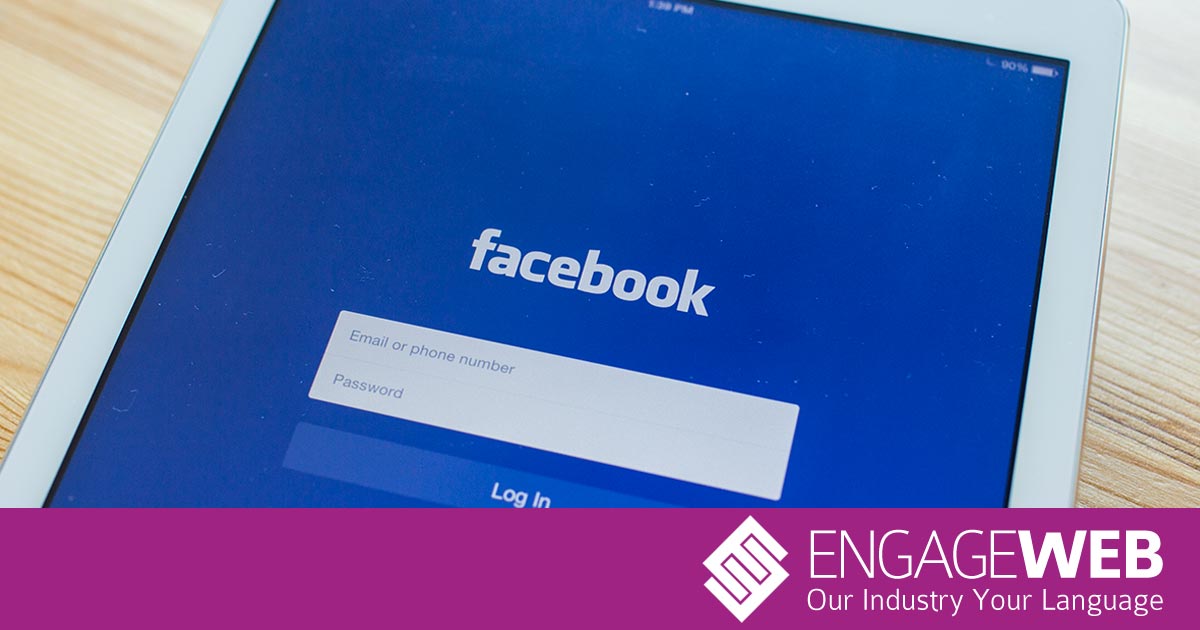British MPs have said that social media site Facebook is in need of much stricter regulation and that the platform needs to take urgent action to stop the spread of fake news on the site.
A committee representing the House of Commons concluded that Mark Zuckerberg, the co-founder of Facebook, has failed to show any “leadership or personal responsibility” for the fake news problem that is ravaging the site. The committee also stated that the spread of misinformation and untrue content from foreign powers were leaving the UK’s democracy at risk.
The social network is believed to have welcomed the report from the Commons committee and has stated that it would be willing to have “meaningful regulation” on the site.
MPs have added that a radical shift is needed in the balance of power surrounding all social media platforms and the people using them in order to end the spread of fake news and the misuse of users’ personal data.
The inquiry into the site’s fake news problem has lasted more than a year and has been dealt with by the Digital, Culture, Media and Sport Committee. The report focused on Facebook’s business practices both before and after its Cambridge Analytica scandal that took place around a year ago.
The committee’s report has urged for an independent regulator to oversee an obligatory code of conduct and ethics for tech companies with the regulator being given the authority to launch legal proceedings against any companies that breach these codes. It also wants social media sites to take down all known sources of fake news and other harmful content, rather than marking them as fake or placing them lower in the news feeds.
Furthermore, there was a suggestion of tech companies in the UK being taxed in order to fund the work of the ICO (Information Commissioner’s Office) and any other regulators. With some fake news interfering with politics in the past, the report wants the government to change current electoral laws relating to the involvement of overseas parties in elections.
In its response to the report, Facebook explained that it shares the concerns raised in the reports regarding fake news and the integrity of election and expressed its satisfaction in its contributions throughout the investigation.
Despite this, MPs did not hide the fact that it was difficult to deal with Facebook during these investigations with Damian Collins, who is the chair of the committee, stating that it believed that the social site deliberately made work for the committee difficult by giving incomplete information and sometimes misleading answers to questions. The committee also expressed anger at Zuckerberg’s refusal to come to the UK to personally answer questions and accused the site of using bully tactics with smaller tech companies and developers who were reliant on the network.
Pressure continues to mount on Facebook and other social and tech organisations to tackle the fake news and harmful content problems. Despite Facebook stating that it was committed to the cause of fighting the issue, it does not seem to be too interested, after two agencies hired by the company to regulate the site for fake news cut all ties reportedly due to Facebook not taking it seriously.
- Chrome to warn users regarding insecure web forms - August 20, 2020
- Google trials virtual business cards in India - August 14, 2020
- DuckDuckGo claims Google market share would drop if users given choice - August 11, 2020



